Many studies have shown that weight and osteoarthritis are closely related. Overweight and obese people are three times more likely to develop osteoarthritis than people of normal weight, which can even worsen symptoms.
Many studies have shown that weight and osteoarthritis are closely related. Overweight and obese people are three times more likely to develop osteoarthritis than people of normal weight, which can even worsen symptoms.
Pain is the most common symptom. Not only does it cause discomfort to the patient, prolonged pain can also lead to emotional disturbances and a host of other effects that reduce the quality of life.
Ms. HNA (33 years old, living in Ho Chi Minh City) often comes home late from work and often eats late at night, causing her weight to increase rapidly. Until about 6 months ago, her body started to become heavy and she had pain in her knee joints. Every time she stood up and walked, she sometimes felt pain in her knee along with a crackling sound in her knee joints. After that, the pain got worse, she bought painkillers at the pharmacy but they did not help, so she had to go to the hospital.
“The doctor said that rapid weight gain over a long period of time was one of the factors that caused my osteoarthritis. Now, in addition to taking painkillers and anti-inflammatory drugs, I need to lose weight to prevent my knee osteoarthritis from getting worse,” Ms. A. shared.
Osteoarthritis and overweight, obesity
According to Dr. Moc Thien Hung, Head of Internal Medicine - Musculoskeletal Department at DNA International Hospital, weight and osteoarthritis are closely related. There is much evidence that being overweight and obese causes osteoarthritis to develop rapidly, worsening the symptoms of the disease. Because when the body is overweight, the joints have to bear that weight continuously, especially the knee and hip joints. If you weigh 1kg more, your knee joints have to bear 3kg more weight.
Scientifically speaking, being overweight or obese increases the load on the load-bearing joint surfaces such as the lumbar spine, cervical vertebrae, knee joints, etc. This increases the degeneration of cartilage cells, causing wear and tear and gradual loss of articular cartilage, causing early damage to the joints, leading to subchondral bone fibrosis and worsening the symptoms of the disease.
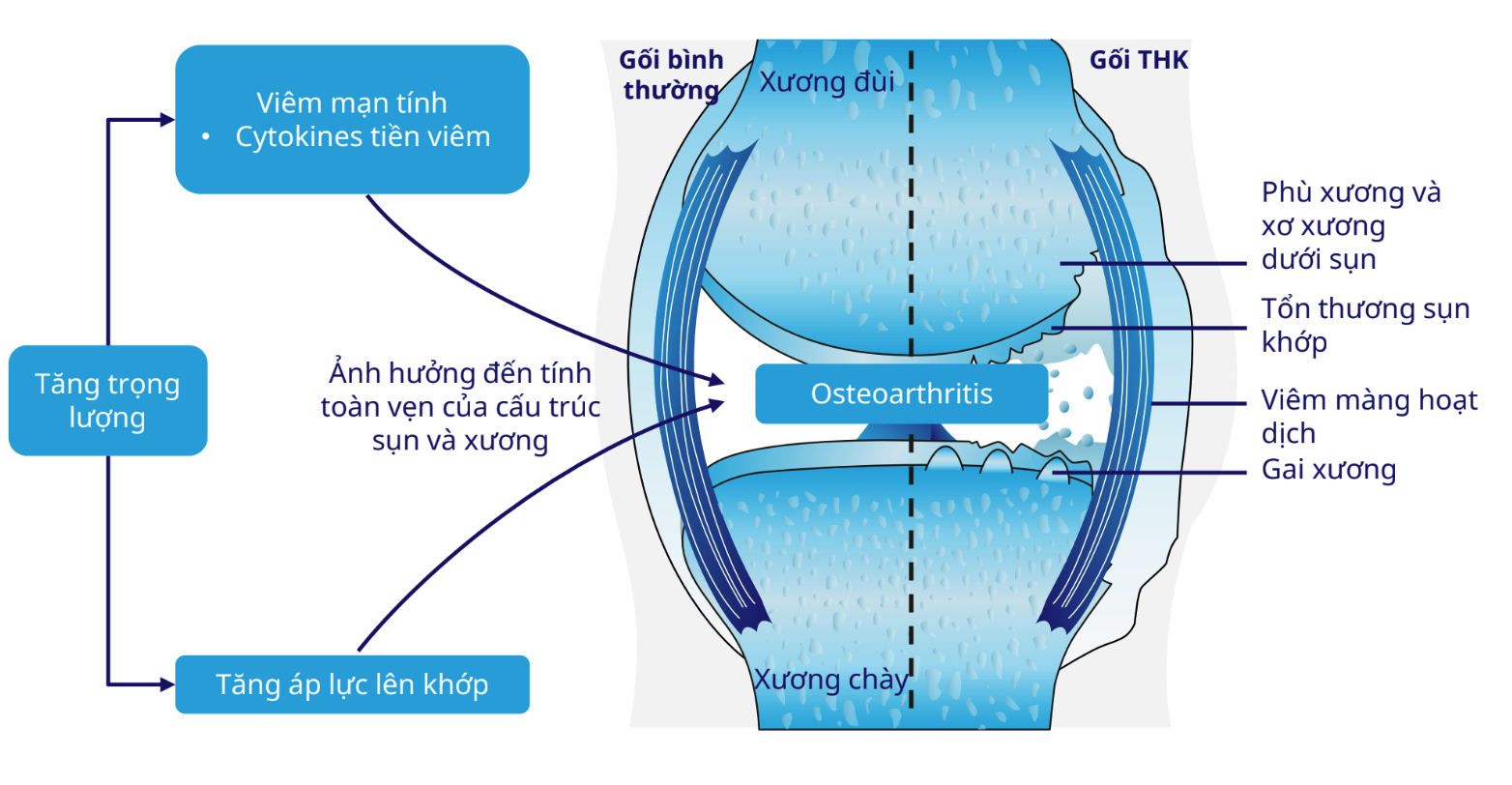 |
| Aggravated osteoarthritis pain… due to being overweight, obese. |
In addition, the muscle groups around the joints act as shock absorbers, absorbing some of the force transmitted through the joint surface. Excessive body weight weakens these muscle groups.
Not only does it cause discomfort for the patient, prolonged pain can also lead to emotional disorders and a series of other effects that reduce the quality of life. When the pain is unbearable, the patient must undergo surgery to relieve pain and improve motor function, but this surgery has many potential risks.
In addition, metabolic factors related to overweight or obesity such as increased cytokines and pro-inflammatory substances also affect cartilage homeostasis, causing cartilage to erode over time and accelerating the process of osteoarthritis. The greater the amount of excess fat, the faster the rate of osteoarthritis and the more severe the symptoms.
Should focus on losing weight, reducing fat and increasing strength of muscles around joints
“Therefore, weight loss is the first recommendation in any of my guidelines for people with knee osteoarthritis. For every 1 kg of weight lost, the maximum load on the knee will be reduced by 2.2 kg at a certain walking speed. By reducing body weight, the mechanical pressure on the knee joint is also improved,” said Dr. Hung.
In addition, healthy weight loss also brings many health benefits to people with knee osteoarthritis such as: increased muscle strength, stable cardiovascular health, reduced insulin resistance, and more optimistic spirit.
However, weight loss needs to be carried out scientifically because unhealthy weight loss causes sudden weight loss, which will limit the absorption of calcium in bones, accelerate the aging process, make the connection between fat and muscle become loose, and make it easy to get osteoporosis. In order for weight loss and osteoarthritis treatment to take place in parallel and smoothly, patients should consult a doctor to get the most medically standard treatment regimen and home care advice.
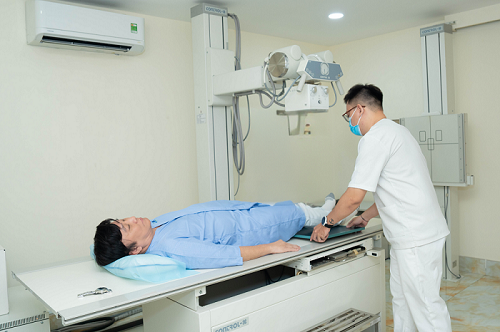 |
| Image of a customer coming to DNA International Hospital to check for knee osteoarthritis. |
In addition to losing weight, reducing fat and increasing the strength of muscles around the joints, doctors advise patients with osteoarthritis, especially knee osteoarthritis, to focus on treating the root cause of the degeneration to bring long-term effectiveness. At DNA International Hospital, stem cell therapy has been applied to help thousands of patients with grade 1, 2, 3 knee osteoarthritis improve their mobility, support the treatment of severe pain symptoms, and improve their quality of life.
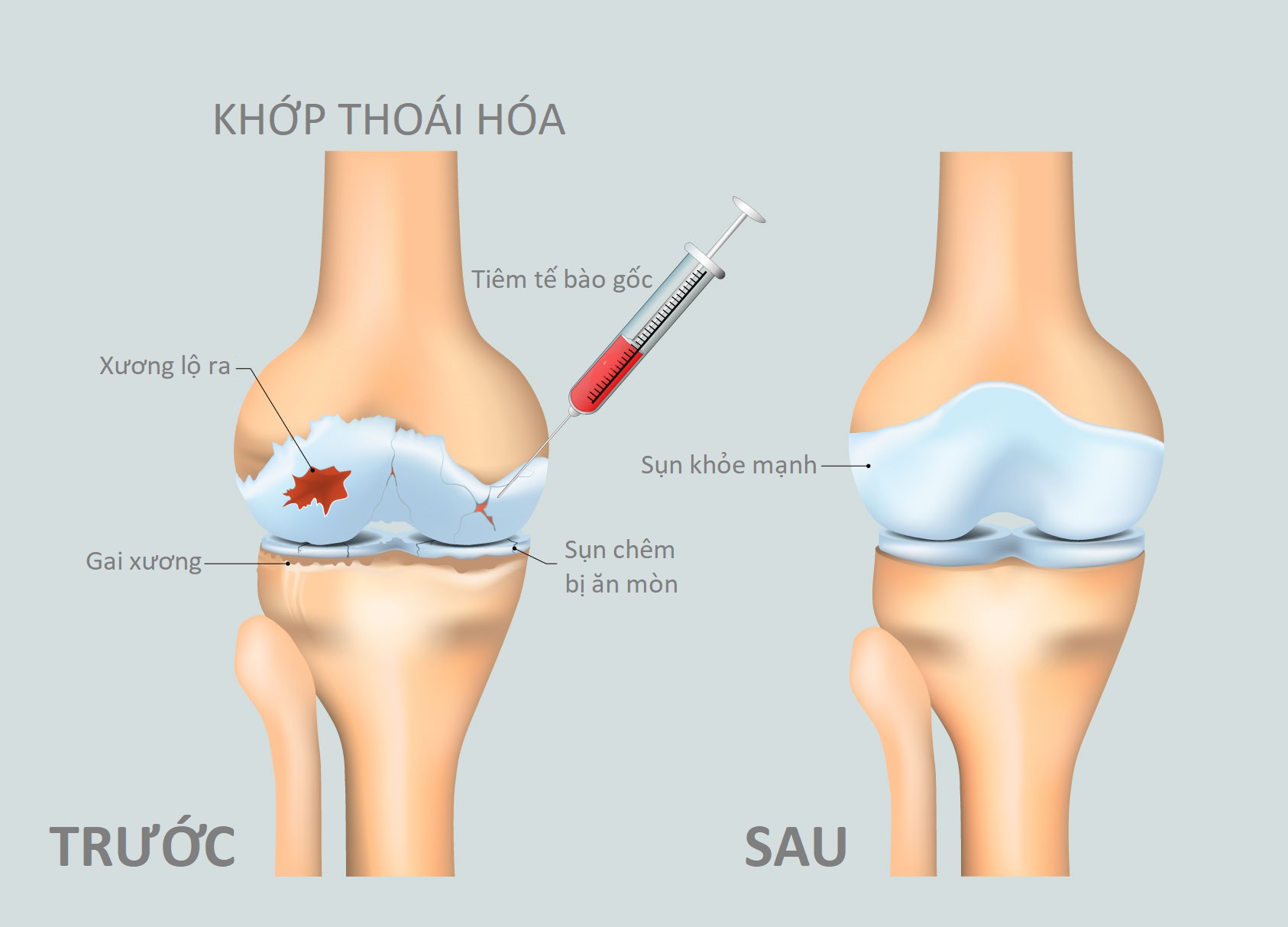 |
| Before and after treatment of osteoarthritis with stem cell injection. |
Stem cell treatment of knee osteoarthritis has anti-inflammatory and functional recovery effects. When stem cells are introduced into the degenerative knee joint, they will stimulate proliferation, repair, and regenerate cells in the target tissue, regulate immunity, fight inflammation, promote healing, and reduce swelling and pain. Thereby healing the damaged cartilage layer and creating a new cartilage cushion layer. Therefore, patients can feel secure in this superiorly effective treatment method, reducing the worry of surgery or having to take painkillers for a long time.
With the advantage of owning the DNA Tissue - Stem Cell Bank, DNA International Hospital provides customers with a source of quality stem cells in abundant quantity, meeting standards. Without having to go abroad, Vietnamese people can receive treatment right at DNA International Hospital to save time and costs while still maintaining quality.
Learn more about stem cell therapy for knee osteoarthritis, call 19002840 for detailed advice.
Source: https://baodautu.vn/tang-nang-con-dau-thoai-hoa-khop-do-thua-can-beo-phi-d229216.html




![[Photo] Closing of the 11th Conference of the 13th Central Committee of the Communist Party of Vietnam](https://vstatic.vietnam.vn/vietnam/resource/IMAGE/2025/4/12/114b57fe6e9b4814a5ddfacf6dfe5b7f)

![[Photo] Overcoming all difficulties, speeding up construction progress of Hoa Binh Hydropower Plant Expansion Project](https://vstatic.vietnam.vn/vietnam/resource/IMAGE/2025/4/12/bff04b551e98484c84d74c8faa3526e0)

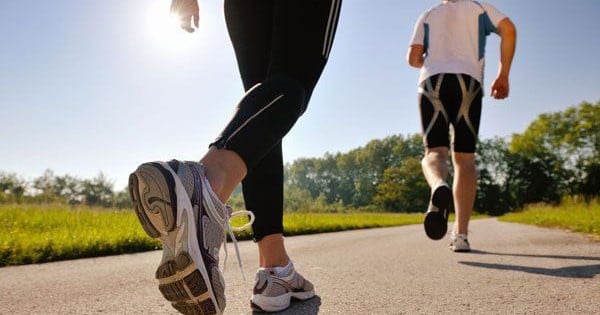






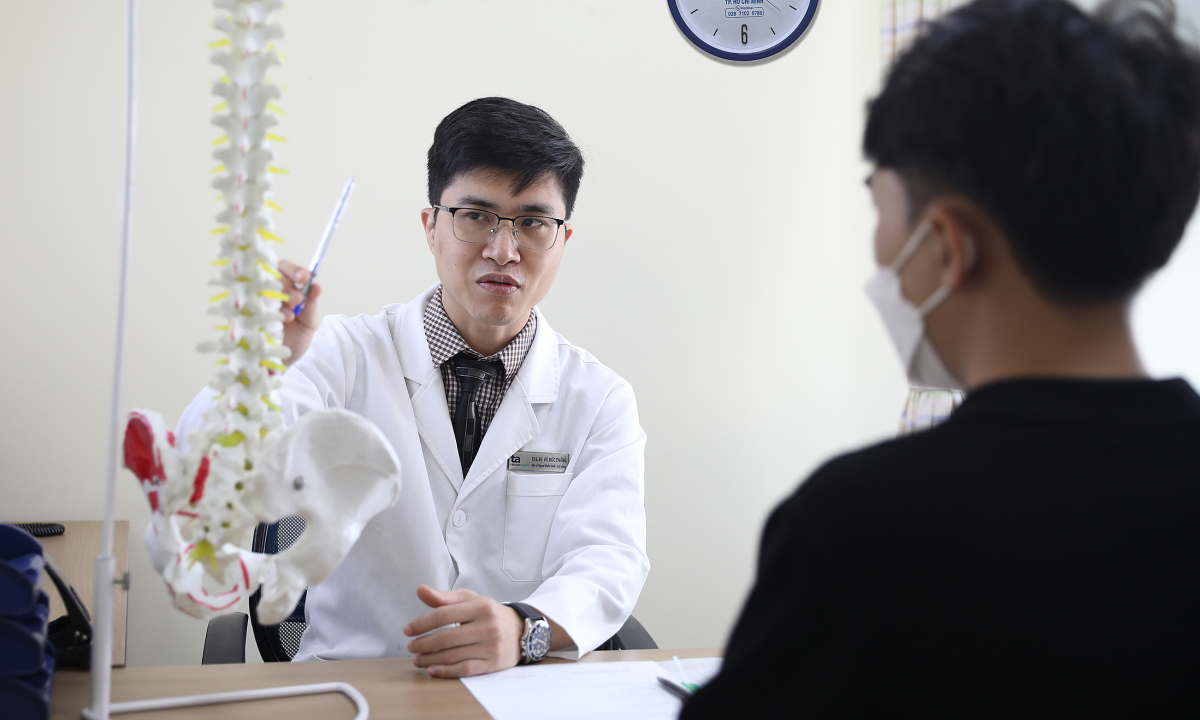


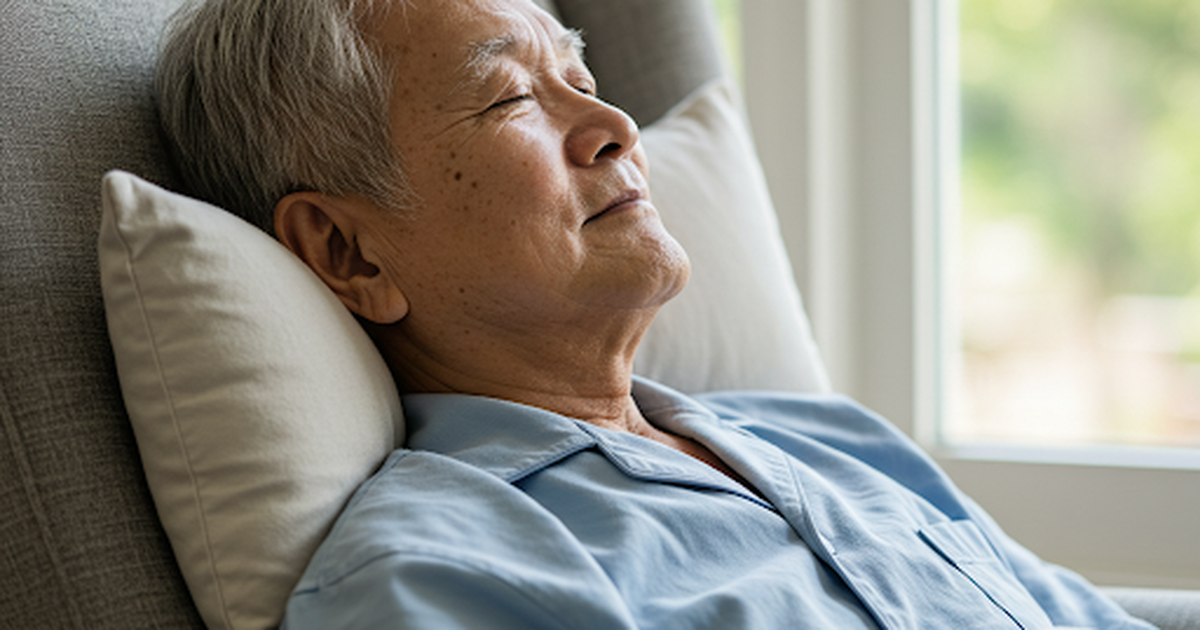

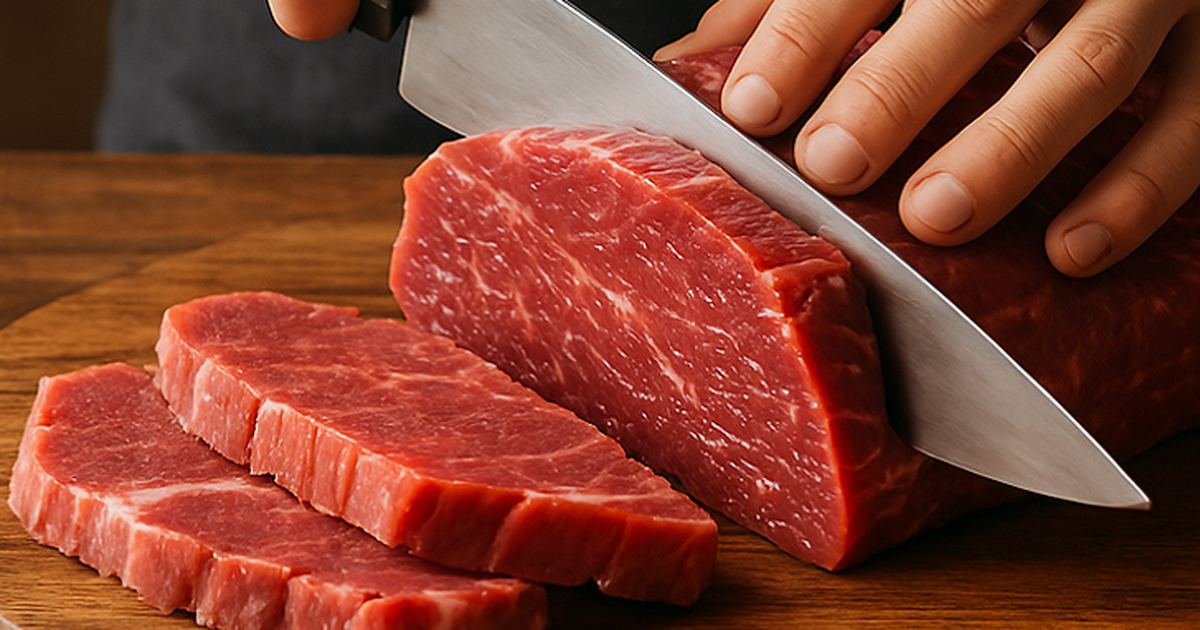

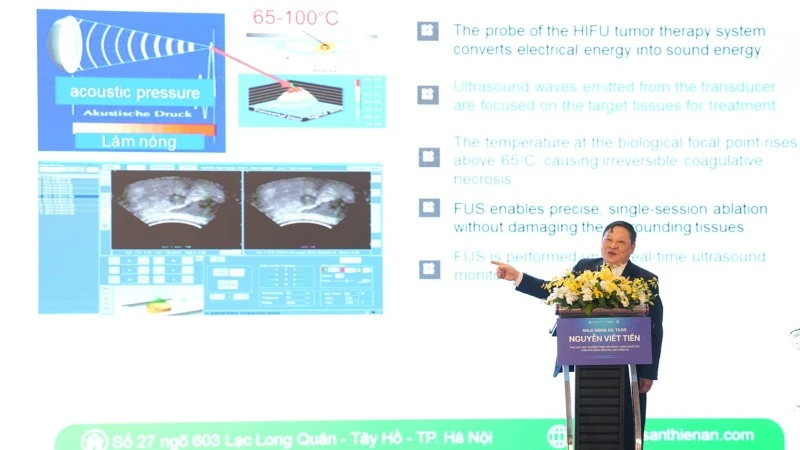
![[Video] First time in Vietnam: Successful implantation of 3rd generation partial artificial heart](https://vstatic.vietnam.vn/vietnam/resource/IMAGE/2025/4/12/8817412224094c68ba2c744b7bd5cfea)







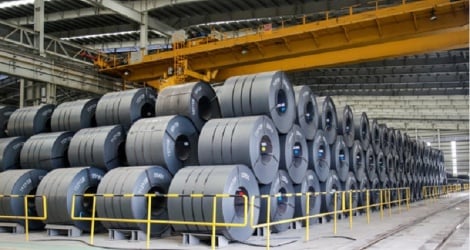

































































Comment (0)